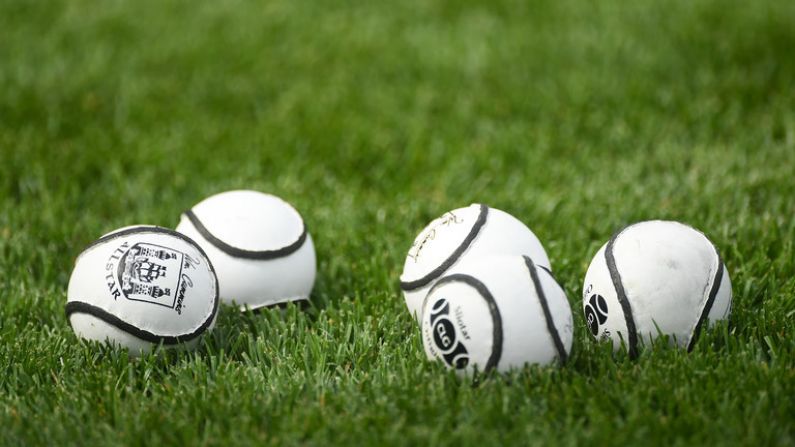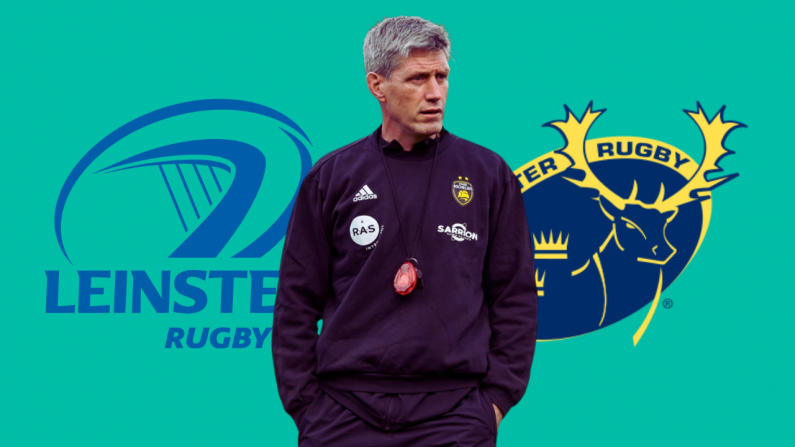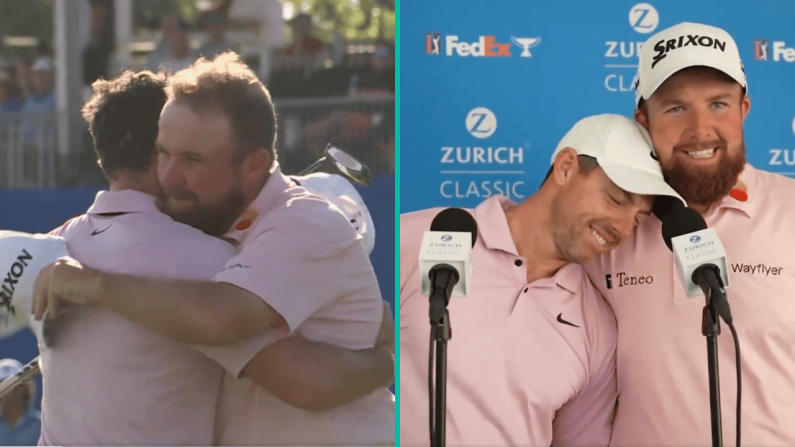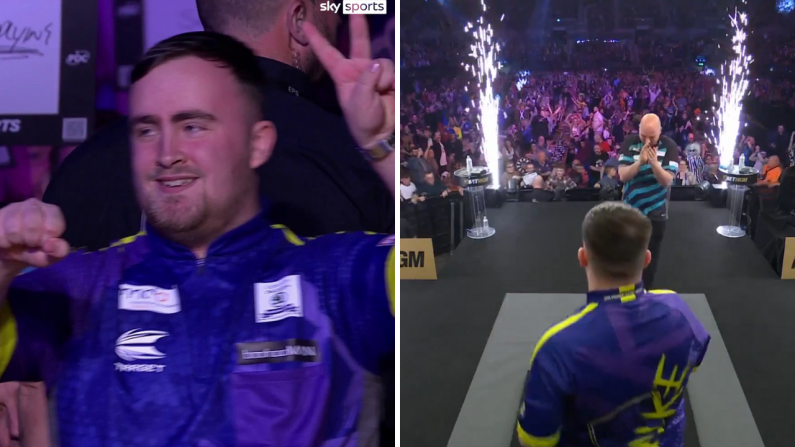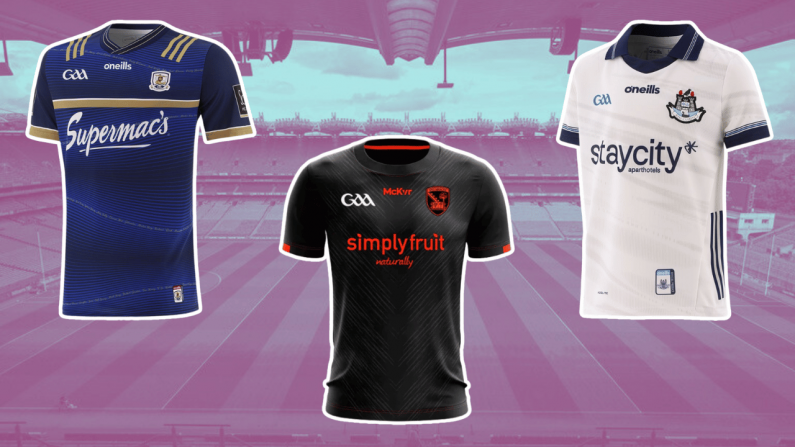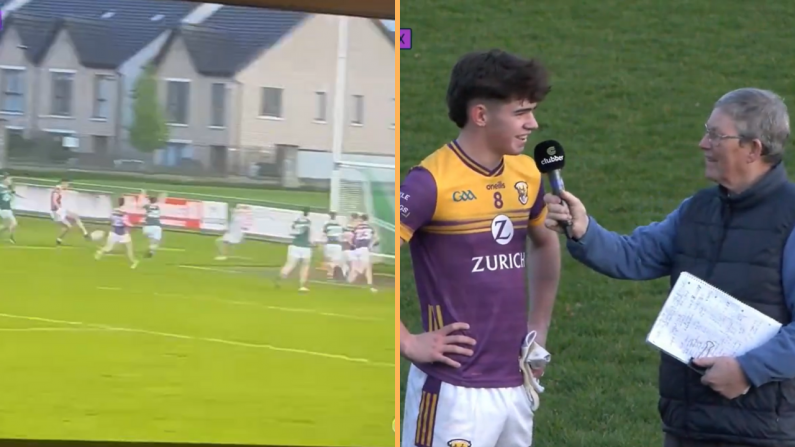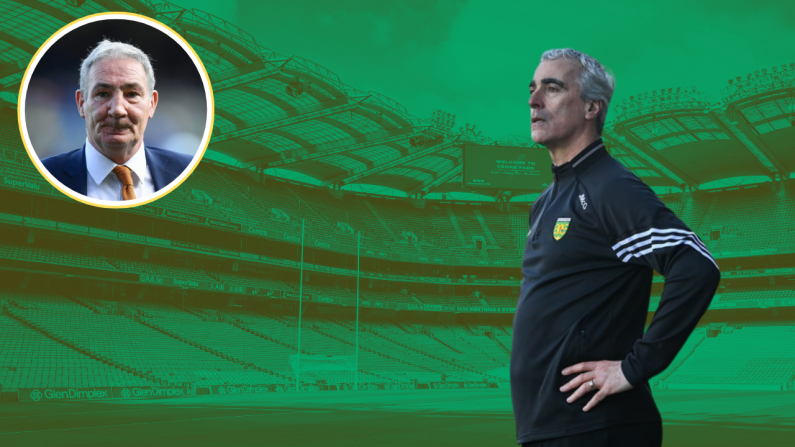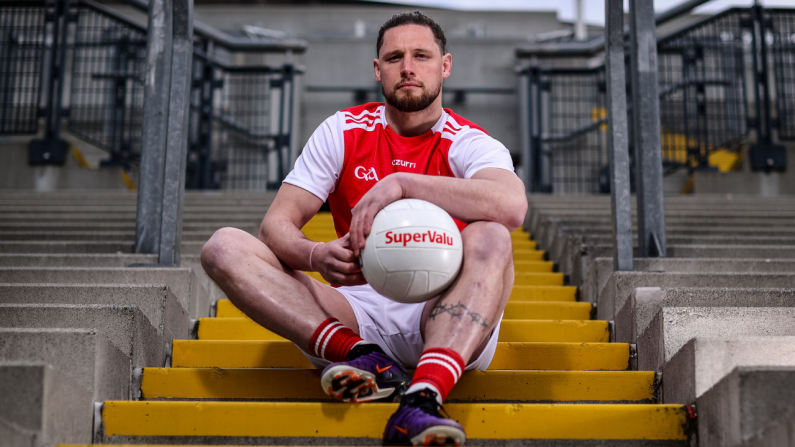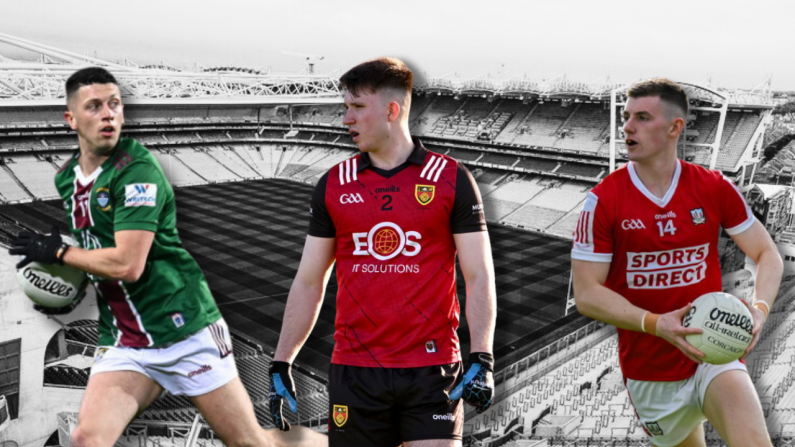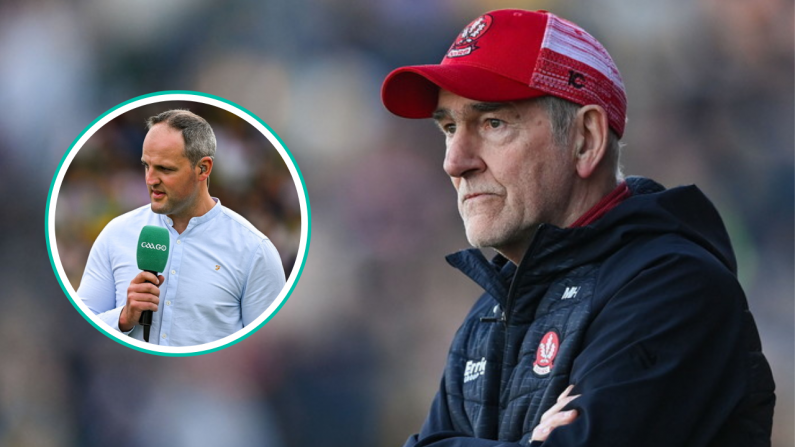In the aftermath of the astonishing draw between Clare and Galway, Cyril Farrell reached for the cliché: "hurling's the winner". That was before Cork and Limerick served up another extra-time classic, and the great matches were framed by the great game in RTE's fabulous documentary The Game. Heck, that documentary was even followed by a documentary about Sepp Blatter and the corruption at FIFA, just to buttress the PR a little more.
So with the beauty and glory of hurling resting in a country's consciousness unlike ever before, now seems like an apt time to ask: why is it struggling in so many parts of the country? While the sport is thriving in Munster, parts of Leinster and the corner of Connacht, it is declining in other parts of the country.
We raised this question on this week's edition of the So-Called Weaker Podcast, and also delved into our archive for anecdote and insight into how and why the game is struggling in some parts.
You can listen to the podcast in full by subscribing on iTunes, or by searching 'Balls.ie' wherever you get your podcasts.
Louth manager Phillip O'Brien criticised the GAA for allowing the number of hurling clubs in Louth and his native Meath and dwindle, and had a proposal that might alleviate the issue.
It is something that has been regressing the length and breadth of this country. People in Croke Park don't realise what is going on. We are talking about Super 8s in football but we have probably had Super 8s in hurling for the last few years. It's a fantastic game. I've lived in Singapore, and people over there love the game. We have great games. The problem is that it hasn't really been promoted by Croke Park in counties like Louth, Leitrim and Longford.
They are not putting in the effort to keep that game alive in the weaker counties. It's dying. It's dying. There used to be seven or eight clubs in Louth - now they are down in three.
When a club goes out of existence it's very hard to get it back again. So what are Croke Park doing about this? What are they doing to keep the game alive? It will die in these areas. It will die.
There are ways of encouraging it. I think that intercounty players should be given a massive tax break. They are giving a great service to their country. Croke Park needs to wake up and smell the roses.
There should be full-time coaches going into the schools and developing the school from school level. The county boards probably can't afford them, so it should be funded from Croke Park.
There is nothing that can't be changed. I grew up in North Meath, Wolfe Tones is my club. When I was young, there was no hurling in my club. Then, a group of men came together and founded a juvenile hurling club. They worked in the schools, promoted the game, and suddenly they had 30 or 40 kids out playing hurling. They competed in under-14, under-16 and minor championships and then they started winning championships.
I was lucky enough to be captain of the Junior Championship team, and they went on and won the Junior 'A' and then the Intermediate and then reached the senior final in our first year. That was an area where there was no hurling whatsoever. It was just a group of men who loved the game.
Croke Park should see this as a crisis. Don't let these clubs fold, because they will be gone forever.
Elsewhere, journalist Declan Bogue guided us through some of the issues afflicting Antrim hurling.
I was talking to [former Antrim hurling captain] Simon McRory. He was telling me that he was one of two coaches looking after Belfast GAA. He said he was going into schools in North Belfast, which has an enormous nationalist population and everyone there is concerned with Cliftonville and Celtic. There were some children who didn't know about Antrim. They knew about hurling, but they didn't know there was a county team.
When you look at a city the size of Belfast, there are two people coaching all the schools. He said he could go into schools in the West and find lots of kids willing to play hurling. I'm the chairman of a fledgling hurling and camogie club in Ballygawley, which is a football heartland in Tyrone. We started our ow training a couple of Thursdays ago, and there were 80 children at the training.
We didn't even have enough hurls and helmets to go around. McRory was telling clubs that 'this is your club', and found that there were so many kids going to training sessions that the club couldn't cater. There is a rule where you have to have a coach per eight children, and they didn't have enough coaches.
Pretty soon the interest will wane and they will be lost to hurling. Sambo McNaughton was coaching in schools for years and he has voiced the same concerns. He has gone to cross-community schools, and the children have been incredibly enthusiastic about it. It's a game everyone wants to play. He found then that there was such a lack of follow-on that they fell away from hurling.
Among the successes of the season was the second-tier Joe McDonagh Cup, which was eventually won by Carlow. That the final was in Croke Park at the same time as the Munster hurling final, however, is typical of the carelessness with which it was treated.
Not all games were staged at the same time as elite games, however, and Westmeath manager Michael Ryan was critical of media coverage of the competition.
Some of the blame goes to RTE. At the end of the day, they didn't even put up the scores some weeks. Maybe they don't have enough cameras and reporters to go around, surely it costs nothing to throw the results on screen, yet there were some weeks in which they didn't even throw the results on screen. It shouldn't have happened. Each and every team down there are working just as hard as everybody else.
We are all doing our four or five nights a week, we are doing our gym sessions, so everybody is putting it in. From a spectator point of view, the reaction from the people at the games has been very good. The standard has been decent, the commitment has been total and it is well worth showing.
Maybe there should have been some kind of deal done with TG4 to show it. It's something that needs to be looked at going forward. We can probably forgive it because it's the first year of the competition, but it needs to be looked at.
You can listen to the full discussion on the podcast.

